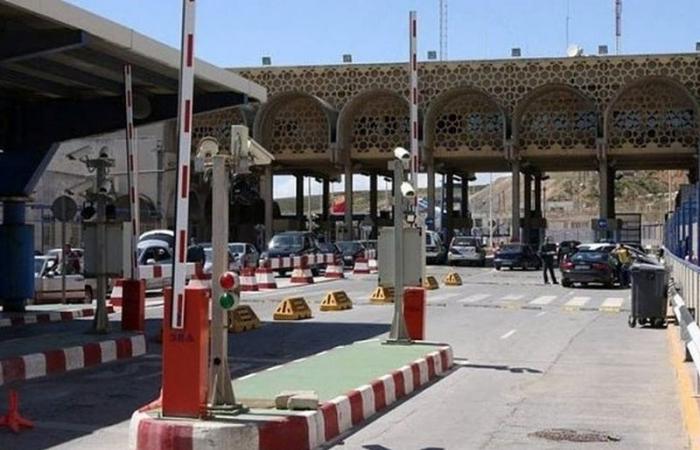The Spanish Interior Minister, Fernando Grande-Marlaska, formally refuted Thursday the existence of “obstacles » hindering the reopening of commercial customs between Morocco and the enclaves of Sebta and Melilla. Instead, he spoke of “ technical problems to resolve » as the real cause of the delay in this long-awaited process.
From the city of Pontevedra, Fernando Grande-Marlaska, to my endin statements to the Iberian press, to speculation concerning the reopening of customs between Morocco and the enclaves of Sebta and Melilla. Indeed, the Minister of the Interior categorically denied the existence of “ obstacles » to this process, which has remained pending for several years. According to him, the main reason for this delay lies in “ technical questions that need to be resolved ».
Grande-Marlaska also shed light on the current context, emphasizing that a negotiation process is underway between the two nations, emanating from a “ important accord » of cooperation and collaboration. This agreement, according to the Spanish official, is based on “ the greatest loyalty and cooperation ”, aimed at strengthening bilateral ties and overcoming the technical challenges that have so far hampered the reopening of customs.
Indeed, since the joint declaration of the two countries in April 2022, the reopening or establishment of commercial customs seemed to be on track, but technical tests revealed shortcomings, explaining the delays encountered in implementation.
Furthermore, the true The challenge will be to put in place a trade framework that respects both workers’ rights and economic standards. Future negotiations between the two partner countries could well redefine the terms of trade.
Let us recall that Morocco had clearly expressed its intention not to go back and eradicate the phenomenon of “mullet women”who carried large quantities of contraband goods on their backs, covering many kilometers. These women, often in vulnerable situations, had become the symbol of informal commerce which prospered at the expense of their security and dignity.
According to Spanish government estimates from 2017, between 12,000 and 15,000 people were smuggling back and forth in Sebta, while the figure rose to between 3,000 and 5,000 in Melilla. This unregulated trade had repercussions not only on the local economy, but also on human rights, a point that Spain recognized by calling for conditions consistent with human rights standards.






